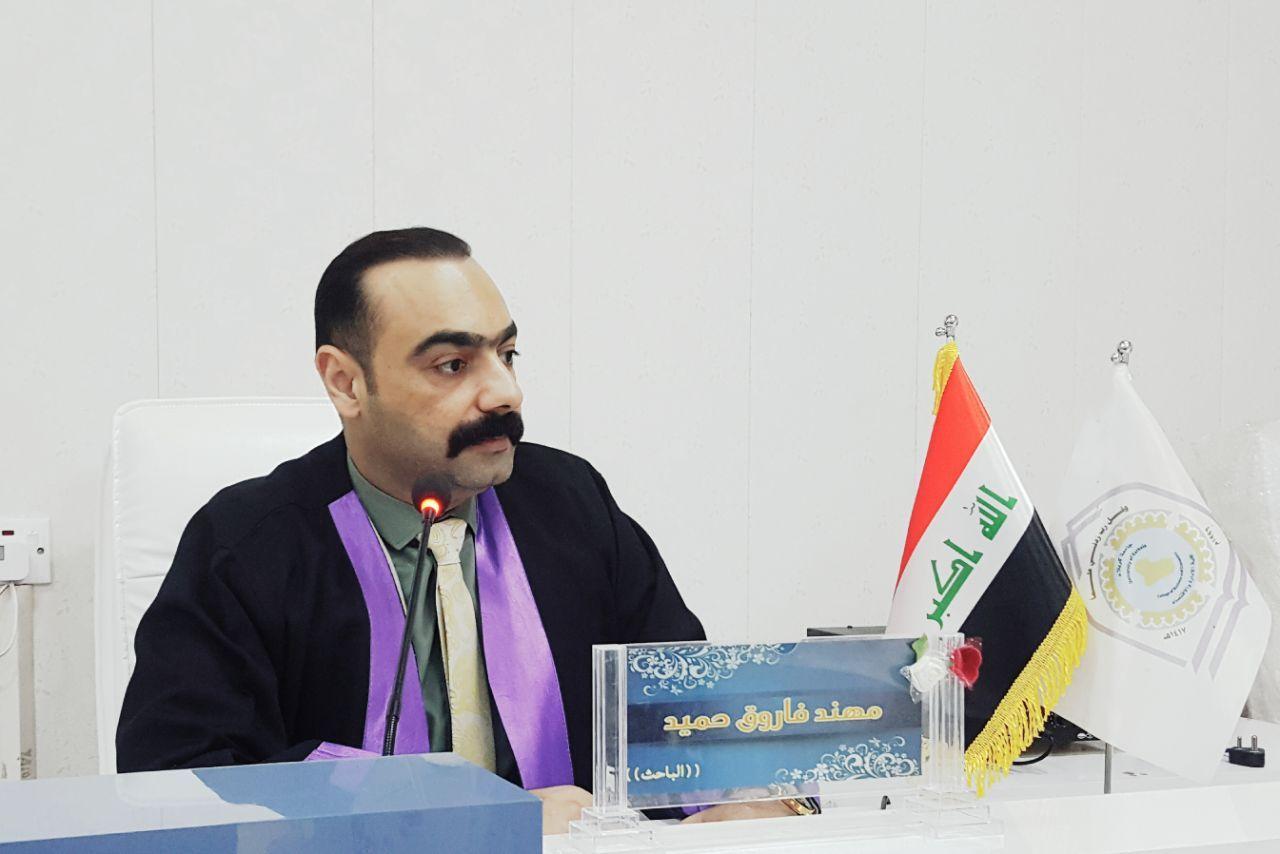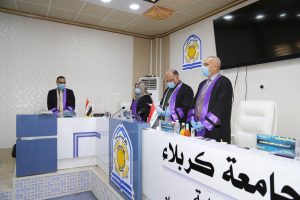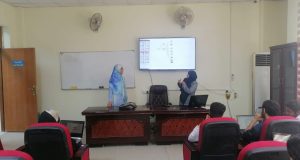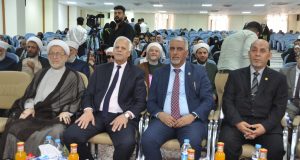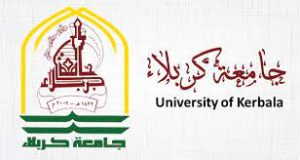The Faculty of Administration and Economics at Kerbala University has discussed an M.A. thesis entitled “securitization and its impact on risking the profitability of the bank, an applied study” in a sample of foreign and Arab private commercial banks with the possibility of its application in Iraq. It has be prepared by the M.A. student, Muhannad Farouq Hamid Al-Janabi.
The study aims at identifying the nature of securitization and its impact on banking risk (credit risk and liquidity risk) as well as the extent of its contribution to increasing the profitability of private banks by analyzing financial indicators used to measure credit risk, liquidity risk and profitability indicators for banks,
The study deals with a sample of two banks (Bank Of America and Emirates NBD) based on the availability of data for a time series that spanned from 2010 to 2019, as well as an examination form that included a number of questions for a group of private Iraqi banks listed on the Iraq Stock Exchange about the extent of the possibility of applying the securitization tool in Iraq, and the sample includes ten banks represented in (Baghdad Bank, Babylon Bank, Sumer Bank, International Development Bank, Ashur International Bank, Middle East Bank, Gulf Commercial Bank, Iraqi Credit Bank, Iraqi Commercial Bank, Investment Bank Iraqi).
The thesis figures out a set of financial means and statistical methods to achieve its goals represented in analyzing the correlation and regression relationships of the study variables and testing the hypotheses, through the use of a set of statistical methods such as the linear correlation coefficient (Pearson).
The study finds out a set of results, perhaps the most important of which is a correlation and impact relationship with statistical and moral significance for securitization in reducing credit risks and reducing sudden liquidity risks with lower costs as well as an increase in the profitability of banks, and the results of the analysis of the examination form showing that there are deficiencies in many aspects that in turn obstructing the securitization tool in Iraqi banks. The most important obstacle is the lack of laws and legislation necessary to implement the securitization tool as well as the absence of companies with a special purpose (the securitization company).
The study also recommends the necessity of legislating laws and instructions by the competent authorities and overcoming difficulties in all aspects that hinder the application of the securitization tool in Iraq.
 University of Kerbala
University of Kerbala
